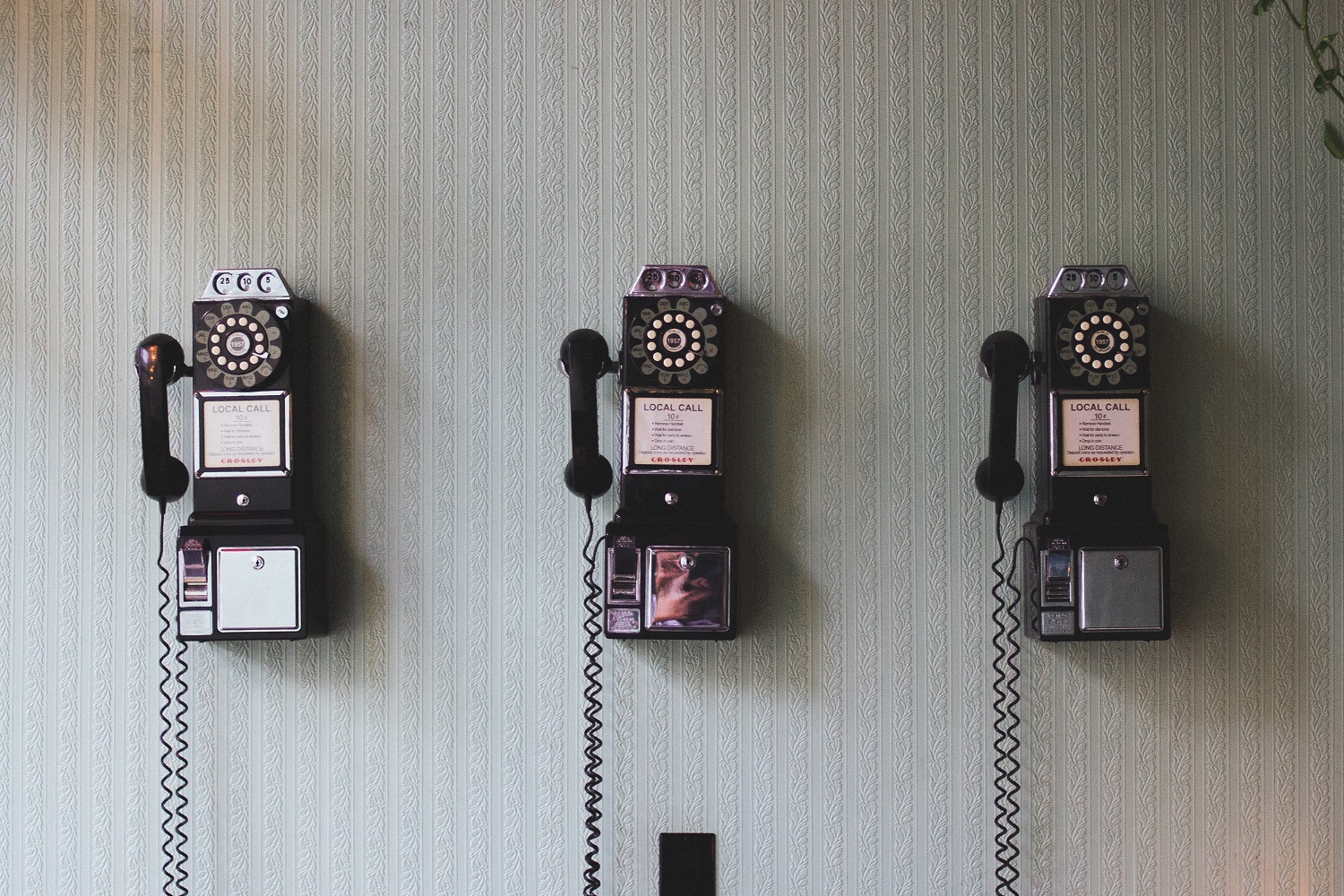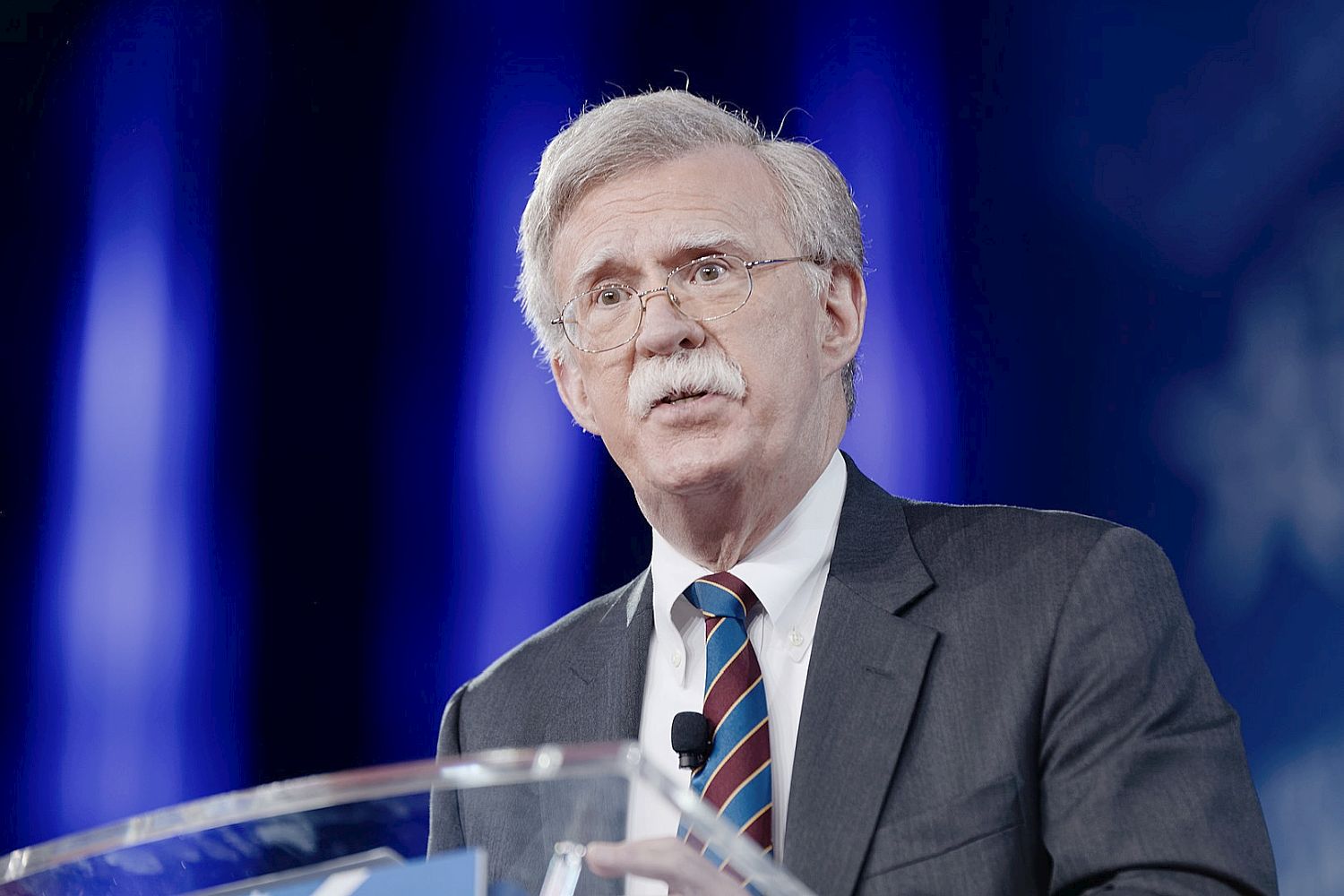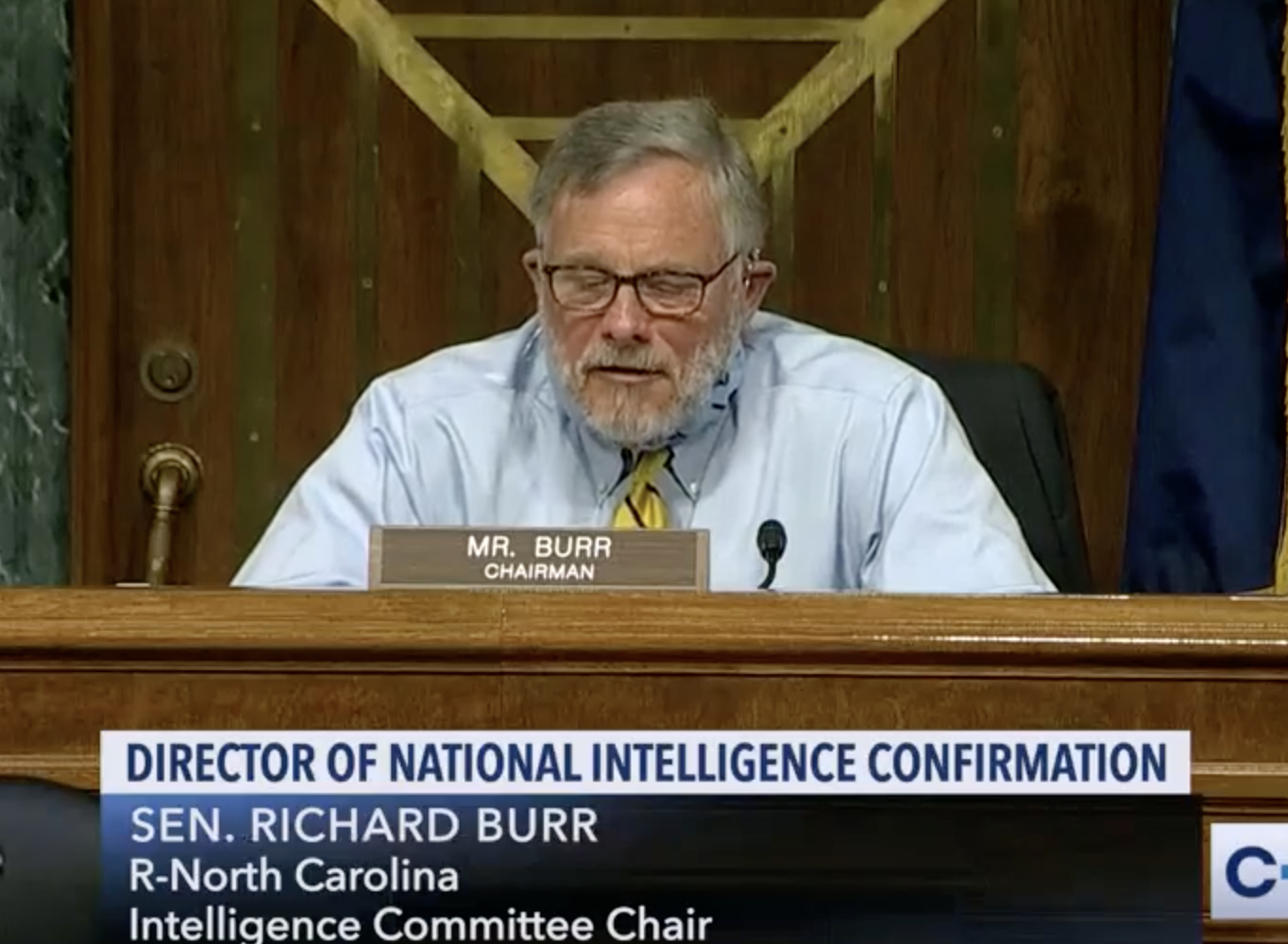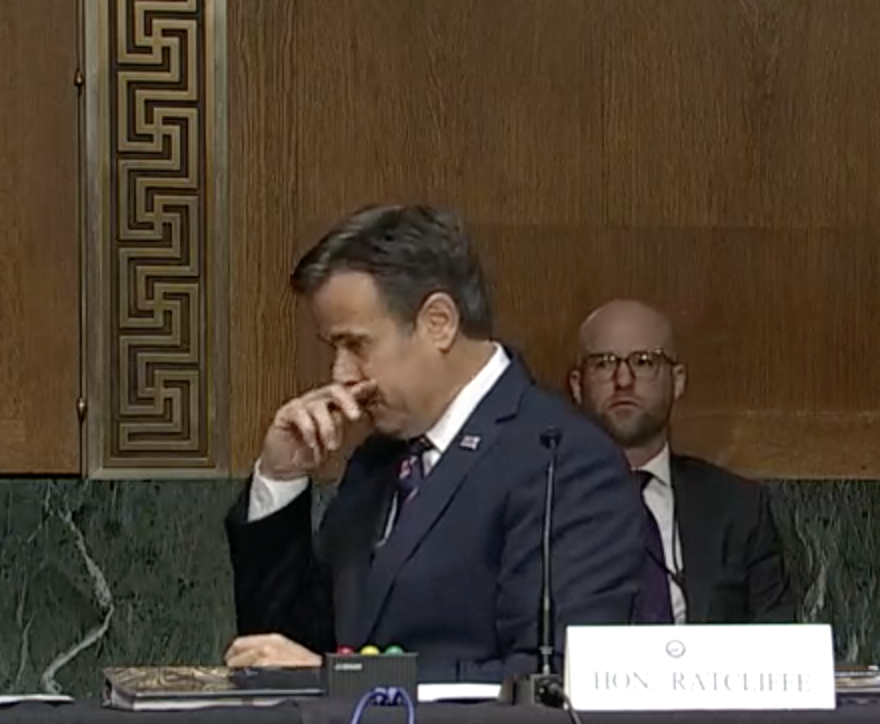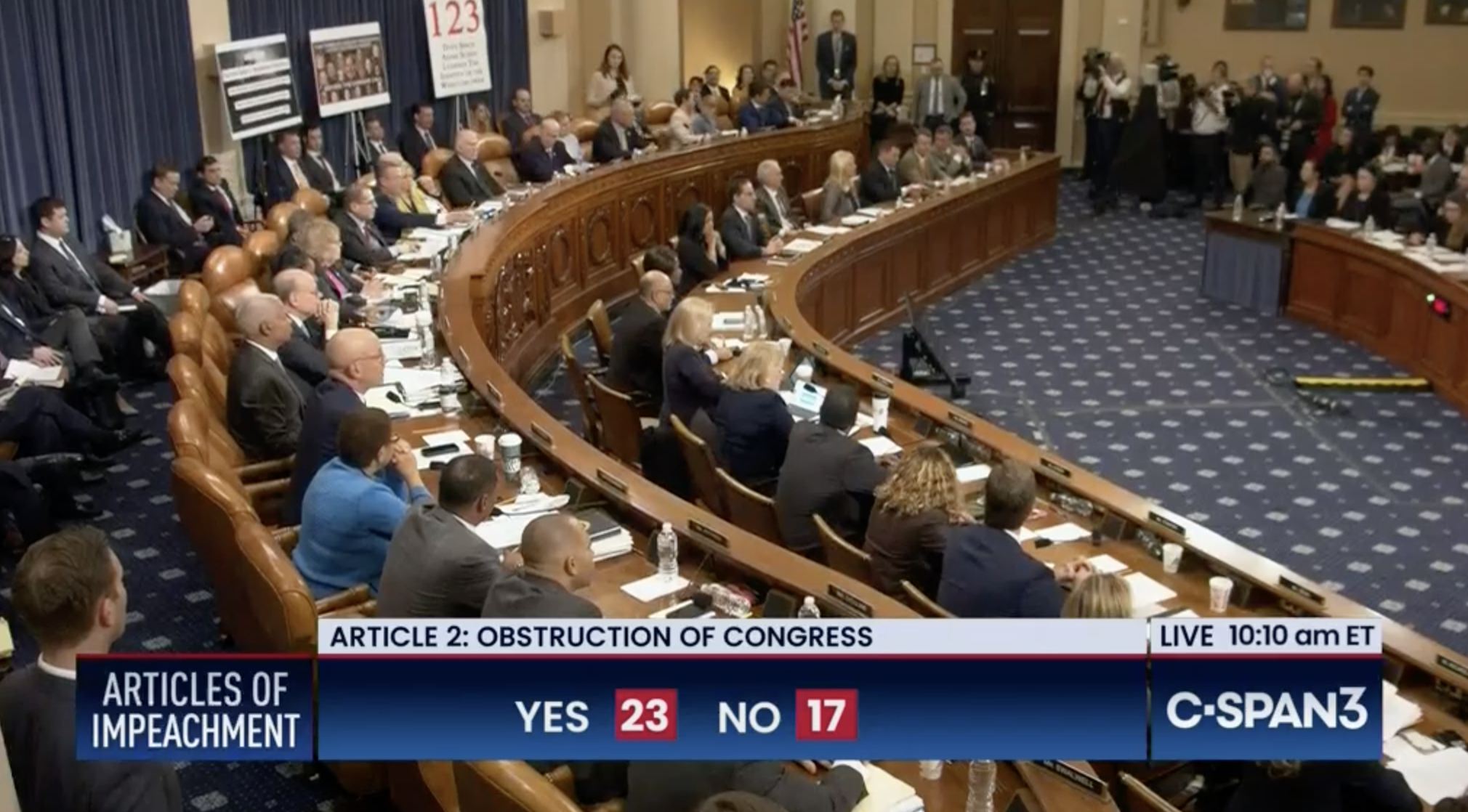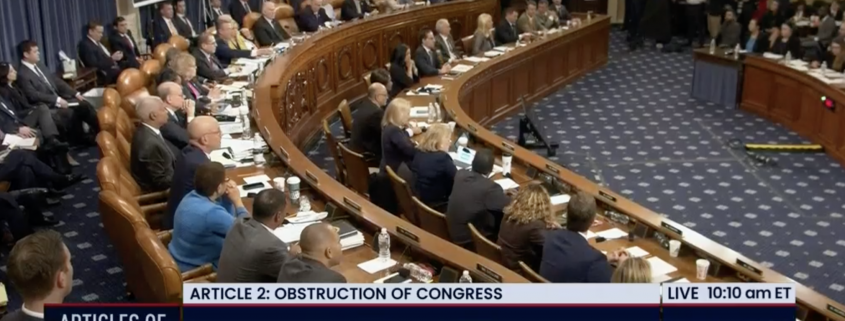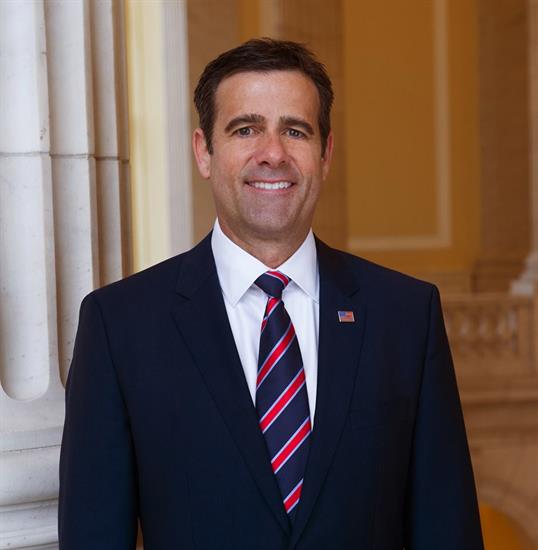[NB: Update at bottom of post. /~Rayne]
There won’t be a quiz but there’s an action item at the end.
It’ll be more effort than Trump put into protecting our troops in Afghanistan.
You’ll want to brush up on the NYT report from Friday, Russia Secretly Offered Afghan Militants Bounties to Kill U.S. Troops, Intelligence Says.
Washington Post confirmed the story: Russian operation targeted coalition troops in Afghanistan, intelligence finds
As did the Wall Street Journal: Russian Spy Unit Paid Taliban to Attack Americans, U.S. Intelligence Says
~ 3 ~
Remember last year when Rep. Adam Schiff said he believed acting Director of National Intelligence Joseph Maguire was withholding from Congress an urgent whistleblower complaint in order to protect Trump?
We build a crowdsourced timeline to guess what the whistleblower’s subject matter might be. We didn’t see the Ukraine quid pro quo but we still compiled a bodacious chronology of foreign policy events.
I’m betting the bit about John Bolton’s exit in that timeline may be revisited in the near future.
But there was one topic we didn’t give a lot of attention which might be worth looking at again, like right now — the peace agreement negotiations in Afghanistan.
(Commenters added more material in comments not added to the original timeline — I think we were learning it was Ukraine and not Afghanistan or Iran which was the subject of the whistleblower’s complaint.)
Now that NYT’s report that Russia offered secret bounties on U.S. service members has been validated by the Washington Post and the Wall Street Journal, we need to look at the Afghanistan timeline — this time with more content from 2019 and up-to-date 2020 material.
28-AUG-2019 — Russia offered to oversee an agreement between the U.S. and Afghanistan; negotiations were in their ninth round when the Russian Foreign Ministry suggested it could be “a guarantor in the agreement” if the two sides wished.
01/02-SEP-2019 — US Special Rep. for Afghanistan Zalmay Khalizad met with Afghan president Ashraf Ghani in Kabul where the Taliban, Afghan government and the U.S. had “reached an agreement in principle” toward an eventual “total and permanent cease-fire.”
03-SEP-2019 — Russian media outlet Tass reported that Russian Deputy Foreign Minister said the U.S. and Taliban “insist that Russia must be present in one capacity or another at the possible signing of the agreements that the parties are working on now.”
05-SEP-2019 — Suicide blast in Kabul killed Army Sgt. 1st Class Elis A. Barreto Ortiz, 34, from Morovis, Puerto Rico.
06-SEP-2019 — Afghan President Ashraf Ghani postponed a trip to the U.S.
07-SEP-2019 — Over several tweets Saturday evening, Trump canceled the meeting with Ghani at Camp David.
Unclear whether Trump realized he might have been meeting over the anniversary of 9/11 on a peace agreement with both Afghanistan’s government and the Taliban.
07-SEP-2019 — Via Julia Davis (commenter Eureka):
Prof. Michael McFaul tweeted, “What? TASS has these details but USG has not released them? This is very strange. And why does Russia need to be present at signing? We’re they fighting Taliban and Al Qaeda in Afghanistan and I just missed that?”
09-SEP-2019 — CNN broke story of a CIA asset extracted from Russia in 2017; followed by NYT on the 9th (and then NBC’s Ken Dilanian appears at the asset’s house…)
09-SEP-2019 — Trump asked for Bolton’s resignation and tweeted about it the next morning.
10-SEP-2019 — “They’re dead. They’re dead. As far as I’m concerned, they’re dead,” Trump told the media about the peace talks with Afghanistan.
13-SEP-2019 — Taliban showed up in Moscow almost immediately after the Camp David meeting fell apart (commenter OldTulsaDude).
15-SEP-2019 — Small arms fire in central Warduk province killed Army Sgt. 1st Class Jeremy W. Griffin, 40.
20-NOV-2019 — Army Chief Warrant Officer 2 Kirk Fuchigami Jr., 25, and Army Chief Warrant Officer 2 David C. Knadle, 33, died in a helicopter crash in eastern Logar province. The Taliban claimed responsibility for the crash; Trump visited Dover AFB on Nov. 21 when the soldiers’ bodies were returned.
11-DEC-2019 — Unknown number of U.S. personnel were injured during a large bombing of Bagram Airfield.
23-DEC-2019 — Sgt. 1st Class Michael J. Goble, 33, was killed in a roadside bombing in northern Kunduz province.
31-DEC-2019 — A total of 22 service members were killed in Afghanistan in 2019. It’s not clear how many U.S. contractors may have been killed because the military doesn’t track them.
11-JAN-2020 — Two U.S. service members were killed by a roadside bomb in Afghanistan’s southern Kandahar province. Taliban claimed responsibility.
17-JAN-2020 — The Taliban offered a proposal to reduce violence and restart peace negotiations.
27-JAN-2020 — Two U.S. Air Force crew members were killed when an E-11A Battlefield Airborne Communications Node aircraft crashed. Taliban claimed responsibility for shooting the plane down.
08-FEB-2020 — Sgt. Javier Jaguar Gutierrez, 28; and Sgt. Antonio Rey Rodriguez, 28 were killed and six other service members were injured in an insider attack in Nangarhar province.
09-FEB-2020 — WaPo reported:
On Sunday, Suhail Shaheen, the Taliban spokesman in Qatar, where talks have been held, said Khalilzad met with Taliban representatives and Qatar’s foreign minister to discuss “some important issues on the results of the negotiations and the next moves,” according to a statement posted to Twitter.
20-FEB-2020 — Trump replaced Joseph Maguire as Acting Director of National Intelligence; Richard Grenell was named Maguire’s replacment.
21-FEB-2020 — U.S.-led coalition, Afghan forces, and the Taliban militia began a seven-day “reduction in violence” ahead of anticipated agreement.
28-FEB-2020 — Trump nominated John Ratcliffe as Director of National Intelligence.
29-FEB-2020 — U.S. and Taliban sign agreement addressing counterterrorism and the withdrawal of U.S. and international troops from Afghanistan.
03-MAR-2020 — Trump spoke by phone with Mullah Abdul Ghani Baradar, a Taliban leader and co-founder stationed in the Taliban’s Qatar offices.
23-MAR-2020 — After meeting Afghan President Ashraf Ghani and his main rival, Abdullah Abdullah in Afghanistan, Secretary of State Mike Pompeo said the U.S. would cut $1 billion in aid in 2020 and threatened to cut another $1 billion in 2021 because Ghani and Abdullah had not formed a unity government. Pompeo then met with the Taliban’s chief negotiator at Al Udeid Air Base, Doha, Qatar where he asked the Taliban to continue to adhere with the February agreement.
??-MAR-2020 — Administration learned that Russia offered secret bounties on U.S. troops.
The officials said administration leaders learned of reported bounties in recent months from U.S. intelligence agencies, prompting a series of internal discussions, including a large interagency meeting in late March. According to one person familiar with the matter, the responses discussed at that meeting included sending a diplomatic communication to relay disapproval and authorizing new sanctions.
30-MAR-2020 — Trump phone call with Putin.
03-APR-2020 — Trump fired Inspector General of the Intelligence Community Michael Atkinson, claiming he “no longer” had confidence in Atkinson. Atkinson was then on leave until the effective date of his termination 03-MAY-2020. As IG he notified Congress of the whistleblower’s report regarding the Ukraine quid pro quo, going around Joseph Maguire to do so.
07-APR-2020 — The Taliban pulled out of talks with the Afghan government after discussions over the unrealized prisoner exchange cratered. Under the February agreement, prisoners were to be exchanged at the end of March; the exchange was called off on March 30.
07-APR-2020 — Trump fired Acting Inspector General of the Department of Defense Glenn Fine; Fine had also been named Chair of the Pandemic Response Accountability Committee on 30-MAR. Fine’s termination made him ineligible to continue as chair of that committee.
09-APR-2020 — Trump phone call with Putin.
10-APR-2020 — Trump phone call with Putin (unclear if call was before/after Gen. Miller’s meeting).
10-APR-2020 — Gen. Austin Miller met with Taliban leaders in Qatar:
… The meeting between Gen. Austin “Scott” Miller and Taliban leaders came as both sides accuse each other of ramping up violence since signing a peace deal on Feb. 29, which could see all international troops withdraw from Afghanistan in 14 months.
…
The meeting, which focused on curbing violence, was part of a military channel established in the U.S.-Taliban deal, the U.S. military’s press office in Kabul told Stars and Stripes.
Taliban spokesman Suhail Shaheen said night raids and other operations in noncombat areas were discussed at the meeting, and Taliban officials “called for a halt to such attacks.” …
12-APR-2020 — Trump phone call with Putin.
25-APR-2020 — Trump made a joint statement with Putin observing the 75th anniversary of Elbe Day.
07-MAY-2020 — US Special Representative for Afghanistan Zalmay Khalilzad met members of the Taliban in Qatar along with the Special Envoy of Qatari Foreign Ministry for Counterterrorism and Mediation in Conflict Resolution, Mutlaq Al-Qahtani. They discussed the prisoner exchange and intra-Afghan talks.
07-MAY-2020 — Trump phone call with Putin; topics were COVID-19, arms control including Russia and China, and the oil market.
26-MAY-2020 — John Ratcliffe approved by the Senate and sworn in as DNI.
30-MAY-2020 — Trump delays G7 meeting and invites Russia:
01-JUN-2020 — Trump phone call with Putin; delayed G7 meeting and oil market stabilization discussed.
08-JUN-2020 — Trump orders permanent draw down of 25% of U.S. troops stationed in Germany; he did not consult with NATO before this order.
Is there a pattern here (or more)? Was the violence juiced up to pressure the U.S. — specifically public opinion? What the heck did Russia’s Foreign Minister mean by a “guarantor” based on what we know today? How did Qatar become a player in the negotiations?
Did Trump really do nothing at all to protect our troops except talk with Putin and do some butt-kissing with a joint statement and an invitation to the G7 while undercutting Germany and NATO?
The Congressional Research Service policy brief on Afghanistan is worth a read to fill in some gaps. This paragraph is particularly important:
Afghan government representatives were not participants in U.S.-Taliban talks, leading some observers to conclude that the United States would prioritize a military withdrawal over a complex political settlement that preserves some of the social, political, and humanitarian gains made since 2001. The U.S.-Taliban agreement envisioned intra-Afghan talks beginning on March 10, 2020, but talks were held up for months by a number of complications. The most significant obstacles were an extended political crisis among Afghan political leaders over the contested 2019 Afghan presidential election and a disputed prisoner exchange between the Taliban and Afghan government. President Ghani and his 2019 election opponent Abdullah Abdullah signed an agreement ending their dispute in May 2020, and as of June 2020, the number of prisoners released by both sides appears to be reaching the level at which talks might begin, though the Afghan government may resist releasing high-profile prisoners that the Taliban demand as a condition of beginning negotiations.
~ 2 ~
It wasn’t just U.S. intelligence that learned U.S. troops who were the target of Russia’s secret bounties.
EU intelligence confirmed it had learned that Russia targeted both U.S. and UK troops, offering cash on British targets, too.
UK security officials also validate the report, attributing the work in Afghanistan to Russia’s GRU.
Why hasn’t Britain’s PM Boris Johnson or the Foreign Minister Dominic Raab said anything publicly about this?
Has the Johnson government done anything at all to communicate its displeasure with Russia? Has it taken any punitive action like sanctions?
Because there’s nothing obvious in UK or other international media to this effect as of 3:00 a.m. ET.
~ 1 ~
You’re going to read and hear a lot of folks talking about treason. We don’t encourage that word’s use because it has a specific legal meaning related to traditional warfare; a formal declaration of war establishing a defined enemy is necessary to accuse someone of providing aid and comfort to that enemy.
18 U.S. Code § 2381.Treason
Whoever, owing allegiance to the United States, levies war against them or adheres to their enemies, giving them aid and comfort within the United States or elsewhere, is guilty of treason and shall suffer death, or shall be imprisoned not less than five years and fined under this title but not less than $10,000; and shall be incapable of holding any office under the United States.
(June 25, 1948, ch. 645, 62 Stat. 807; Pub. L. 103–322, title XXXIII, § 330016(2)(J), Sept. 13, 1994, 108 Stat. 2148.)
We’re not in a formally declared state of war with Russia; they are not a defined enemy.
But this Russian secret bounties business may fall under another umbrella. U.S. troops are deployed to Afghanistan under Authorization for Use of Military Force of 2001:
Section 2 – Authorization For Use of United States Armed Forces
(a) IN GENERAL- That the President is authorized to use all necessary and appropriate force against those nations, organizations, or persons he determines planned, authorized, committed, or aided the terrorist attacks that occurred on September 11, 2001, or harbored such organizations or persons, in order to prevent any future acts of international terrorism against the United States by such nations, organizations or persons.
(b) War Powers Resolution Requirements-
(1) SPECIFIC STATUTORY AUTHORIZATION- Consistent with section 8(a)(1) of the War Powers Resolution, the Congress declares that this section is intended to constitute specific statutory authorization within the meaning of section 5(b) of the War Powers Resolution.
(2) APPLICABILITY OF OTHER REQUIREMENTS- Nothing in this resolution supersedes any requirement of the War Powers Resolution.
The brushstroke with regard to future acts of international terrorism against the United States is and has been interpreted broadly.
Bounce this around a bit: does the definition of terrorism include repeated attacks on U.S. service members and contractors deployed under the AUMF 2001?
Does failing to take reasonable affirmative effort to protect these targets constitute aiding those who attack U.S. service members and contractors deployed under the AUMF 2001?
Is there, if not 18 USC 2381 – Treason, another section of 18 U.S. Code Chapter 115 — Treason, Sedition, and Subversive Activities which may more accurately describe the dereliction of duty by members of this administration by failing to protect U.S. troops?
~ 0 ~
And now for the action item…
Guess who else hasn’t uttered a peep about the Russian secret bounties on our troops?
Senate Majority Leader Mitch McConnell.
House Ranking Member Kevin McCarthy.
None of the +20 GOP senators up for re-election have uttered a peep, nor have the couple who are retiring.
Here’s your action item:
— If you have a GOP senator(s), call their office and ask for a statement from the senator about the Russian bounties. Where do they stand? What action will the senator take?
— Share the results of your call here in the comments.
Congressional switchboard number is (202) 224-3121. Or you can look up their local office number at https://www.senate.gov/senators/contact.
For everybody else, calling your representative and senators to demand hearings with testimony from the former acting Director of National Intelligence Rick Grenell and the current Director of National Intelligence John Ratcliffe about the presidential briefing that did/did not happen with regard to these Russian bounties.
Let’s stay on topic in this thread — this is plenty to chew on.
UPDATE — 29-JUN-2020 10:00 A.M. ET —
Several new line items have been added to this timeline. If you pulled a copy since publication you’ll want to get a new one.
The Washington Post published an article last evening, Russian bounties to Taliban-linked militants resulted in deaths of U.S. troops, according to intelligence assessments.
It’s clear from reading it that many people knew about this intelligence, that there was a concerted effort to address it though the action ultimately taken was none.
Rather like the pandemic response, about which Trump had been warned in adequate time and then did nothing for six or more weeks, followed by a lot of bullshit and bluster.
Congress had better get to the bottom of this because this is a gross dereliction of duty on the part of the executive branch.


